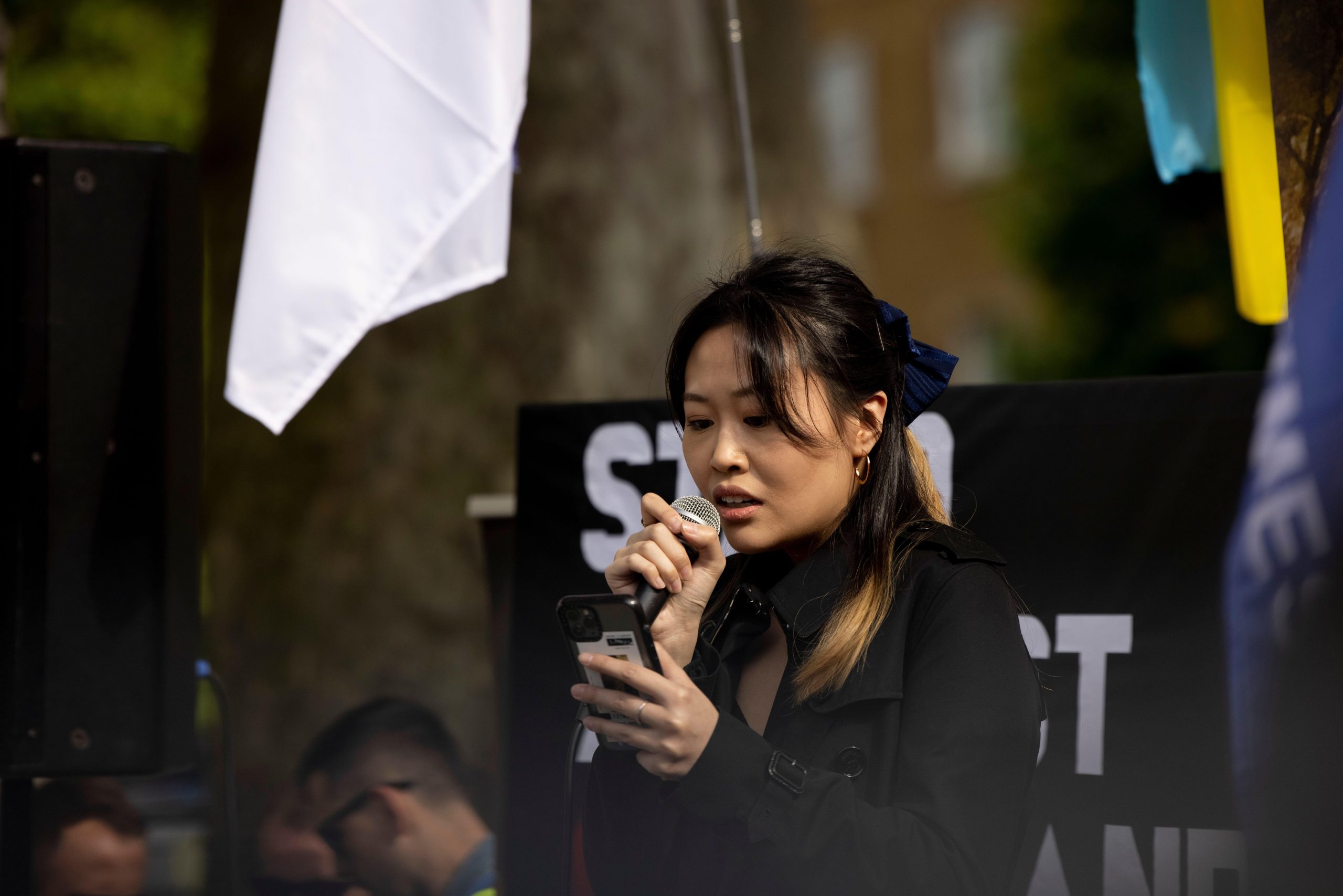For years now people in Hong Kong have been perfecting the art of letter writing and sending them to the neighbours of government critics living in the UK. I first came across the trend in 2018 and interviewed some of the subjects of the letters. The messages followed a pattern – people were identified as enemies of the Chinese people and, while outright threats were atypical, there was always the subtle threat – the sender knew where they lived.
Since the passage of the National Security Law in 2020, which saw thousands of Hong Kongers aligned with the democracy movement flee to the UK, the letter writers – whoever they may be – have seemingly grown in number, and their threats have become bolder and coupled with incentives. Some offer cash prizes to recipients, as was the case for the neighbours of prominent Hong Kong campaigner Carmen Lau, who were told they could receive £100,000 for information on her.
In 2018, one interviewee reported to me that their mother had told the police about receiving a letter. The police never tracked down who sent them, but they did take it very seriously. Lau reported her letters to the police too. Except in her case she claims Thames Valley police requested she “cease any activity that is likely to put you at risk” and “avoid attending public gatherings” like protests. I find this a spineless response, shifting the burden of responsibility away from the perpetrator and onto the victim. Lau has accused them of asking her to essentially “self-censor”. When approached about the story, Thames Valley police gave a tight- lipped response, neither confirming nor denying these details. The Metropolitan Police’s counter-terrorism unit are, however, apparently investigating the letters.
And so they should. An important report came out this week from the Joint Committee on Human Rights, following their public inquiry into transnational repression (TNR). Over 180 responses came in, including from Index, which showed how TNR is not a niche issue impacting a small minority – it affects freedom of expression across “entire communities”. Critics, journalists, campaigners and academics, to name a few, have all reported threats on UK soil.
The report calls for stronger action to stop the growth of TNR, including a dedicated reporting line to provide support and triage cases to law enforcement. It also calls for improved police training to deal with incidents of TNR. Lau’s case shows how much that is needed. Tackling TNR is a monumental task – the perpetrators often operate beyond borders and deep in the shadows. But while it’s one thing to tell the victim that the person behind the attack might not be caught, it’s quite another to tell them to stay indoors and stay silent.






